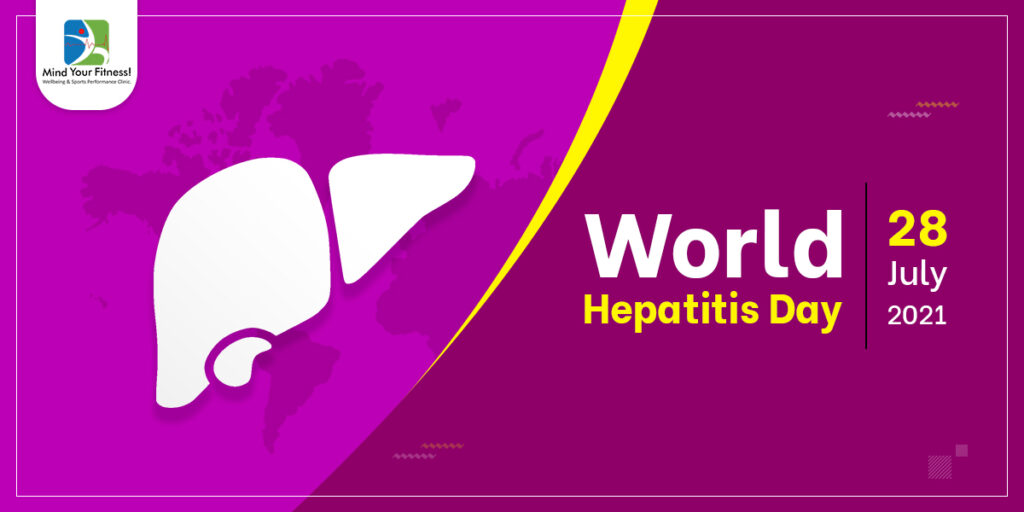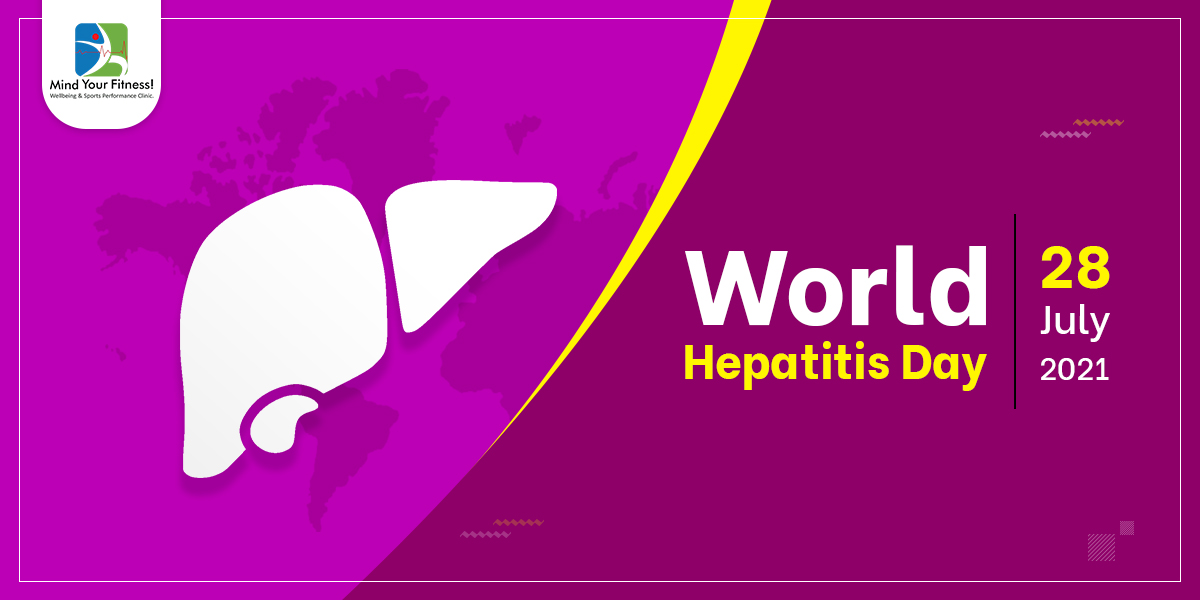
Hepatitis refers to an inflammatory condition of the liver. It is commonly caused by viral infection, but there are other possible causes of hepatitis. These include autoimmune hepatitis and hepatitis that occurs as a secondary result of medications, drugs, toxins, and alcohol.
Types
The 5 viral types of infections are Hepatitis A, B, C, D, E.
Causes
- Hepatitis A is transmitted consuming contaminated food or water.
- Hepatitis B and Hepatitis C are more chronic forms transmitted through unprotected sex, contact with infectious body fluids, such as blood, syringes, containing the hepatitis B and hepatitis C virus respectively. Hepatitis D is is only present in people already infected with hepatitis B. Hepatitis B infection can become chronic (long term) and does not have a cure.
- Hepatitis E is a waterborne disease mainly found in areas with poor sanitation. It is mild and short term.
- Excessive alcohol consumption and chronic drug use can cause liver damage.
- Autoimmune hepatitis: It is usually caused by. combination of genetic and environmental factors. The white blood cells attack the liver, causing inflammation and damage.
Prevention
- Observing food and personal hygiene practices is one way of avoiding transmission of water or food borne hepatitis A & E.
- Hepatitis B, C: avoid using same razor or syringe, needle, toothbrush etc. A vaccination is available for hepatitis B, which is recommended for people in high-risk groups as it can cause complications. There is currently no vaccination for hepatitis C.
- Avoid alcohol and illicit drug use. Speak to your doctor for medications that will protect the liver or prevent further damage if you are on long term treatment.
~ Shweta Bhatia, Registered Dietitian, Mind Your fitness!





